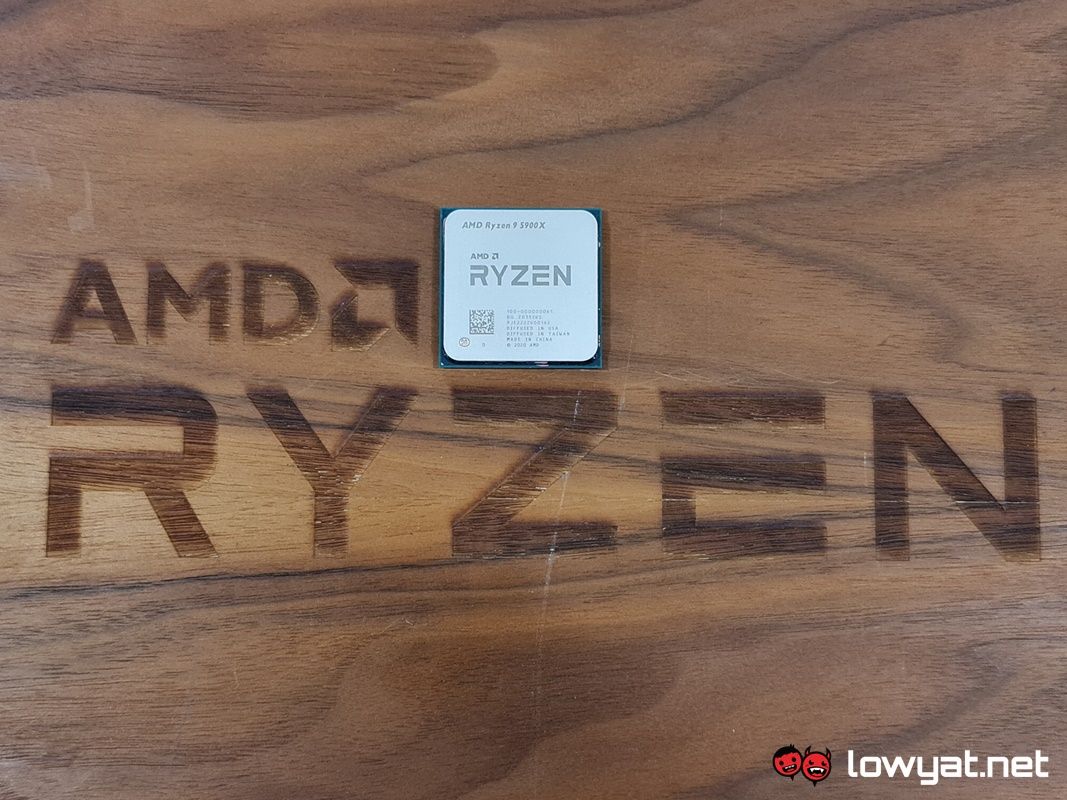According to TPU, the Cumulative Updates for Windows 11, which was released on Tuesday, didn’t fix the issue and instead made the problem with Ryzen CPUs worse. Specifically, the update caused the L3 Cache latency in TPU’s Ryzen 7 2700X to spike from the initial 17ns – the CPU typically runs at 10ns – to 31.9ns. That’s a very steep increase in latency. Further, the update also didn’t seem to fix a second problem, which is the UEFI-CPPC2 (preferred cores mechanism) being rendered inoperable. The good news is that, at the time of writing, AMD has already developed patches for the issues, along with release dates for them. The patch that addresses the L3 Cache latency bug will be available via the Windows Update channel from 19 October onwards, while the patch that addresses the UEF-CPPC2 bug will be available on 21 October.
In the mean time, if your desktop Windows PC is being powered by AMD’s Ryzen CPU, we recommend that you hold off updating your system to Windows 11, at least until Microsoft and AMD iron out all the initial issues. (Source: The Verge, TechPowerUp)
